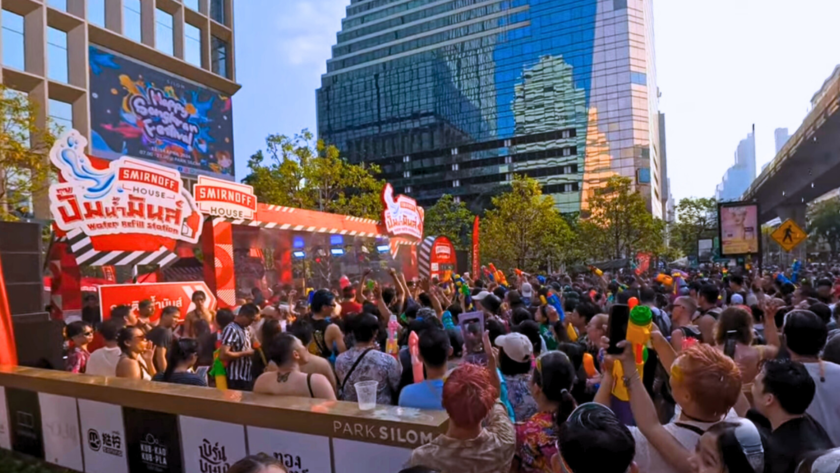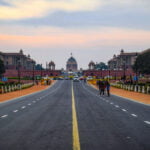The Songkran Festival in Thailand, recognized as the Thai New Year, epitomizes a vibrant and joyous celebration deeply embedded in the cultural fabric of the country. This annual event, marked by lively water fights, traditional rituals, and heartfelt gatherings, is a time for renewal, purification, and rejoicing. In this article, we’ll delve into the essence of the Songkran Festival, exploring its origins, customs, and the best ways to celebrate this unique cultural extravaganza.
More Blog Posts Related To Thailand:
- Discovering Bangkok Must See Places That You Can’t-Miss
- 10 Useful Thai Words To Know For Your Trip To Thailand
- Retail Paradise: Exploring the Best Malls in Bangkok
- 15 Best Things To Do In Pattaya City: Budget Edition
- Exploring Phi Phi Islands in September
1. What is Songkran Festival in Thailand?
The Songkran Festival traces its roots back to ancient Thai traditions, originating from the Theravada Buddhist calendar. It marks the beginning of the traditional Thai New Year and typically falls in April, coinciding with the astrological transition from Pisces to Aries. The word “Songkran” is derived from Sanskrit, meaning “astrological passage” or “transformation.”
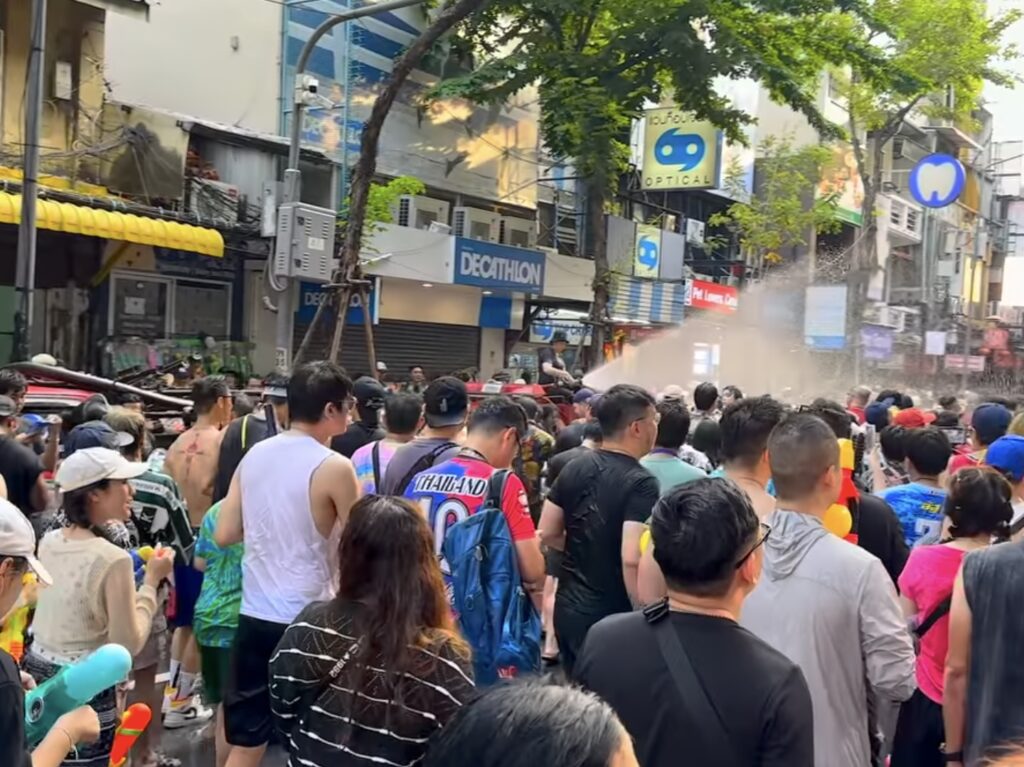
Historically, Songkran was a time for families to reunite, pay respects to elders, and engage in rituals symbolizing purification and renewal. These rituals include the pouring of scented water over Buddha statues and the hands of revered monks, symbolizing the washing away of past sins and the welcoming of a fresh start.
For more details please read:
2. How to Celebrate Songkran Festival in Thailand?
Celebrating Songkran in Thailand is an unforgettable experience, characterized by exuberant water fights, vibrant parades, and cultural performances. Locals and tourists alike take to the streets armed with water guns, buckets, and hoses, engaging in friendly battles to beat the heat and spread joy.
In addition to water festivities, Songkran is also a time for spiritual reflection and merit-making. Many Thais visit temples to make offerings, participate in religious ceremonies, and seek blessings for the year ahead. Traditional customs such as building sand stupas and releasing captive animals are also observed in certain regions.
3. Why is Songkran Festival Celebrated in Thailand?
The Songkran Festival holds deep cultural and religious significance in Thailand, symbolizing the country’s rich heritage and spiritual beliefs. Beyond marking the New Year, Songkran is a time for Thais to honor their ancestors, express gratitude for blessings received, and cultivate positive intentions for the future.
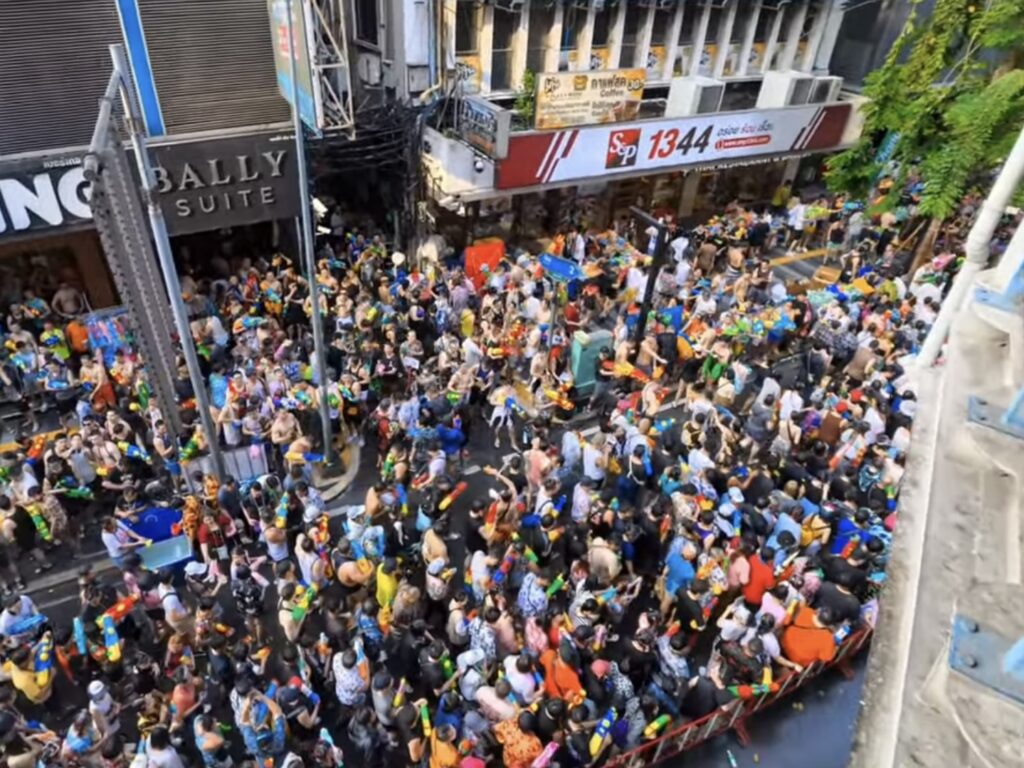
The festival’s water-related activities are rooted in ancient rituals of cleansing and purification, symbolizing the washing away of impurities and the welcoming of prosperity and good fortune. Water, in Thai culture, is regarded as a sacred element with purifying properties, making Songkran a fitting occasion for communal celebrations and collective renewal.
4. How to Greet Songkran Festival in Thailand?
During Songkran, traditional greetings play a significant role in fostering connections and spreading goodwill among friends, family, and strangers alike. The most common greeting used during the festival is “Sawasdee Pee Mai,” which translates to “Happy New Year” in Thai.
In addition to verbal greetings, Thais also perform the ritual of ‘Rod Nam Dum Hua,’ where younger individuals pour scented water into the palms of their elders as a sign of respect and gratitude. This gesture symbolizes the washing away of past misfortunes and the receiving of blessings for the coming year.
5. How Long Does Songkran Festival Last in Thailand?
The duration of the Songkran Festival varies across different regions of Thailand, with celebrations typically spanning three to seven days. In major cities like Bangkok and Chiang Mai, festivities may last for a week or more, drawing large crowds of locals and tourists alike.
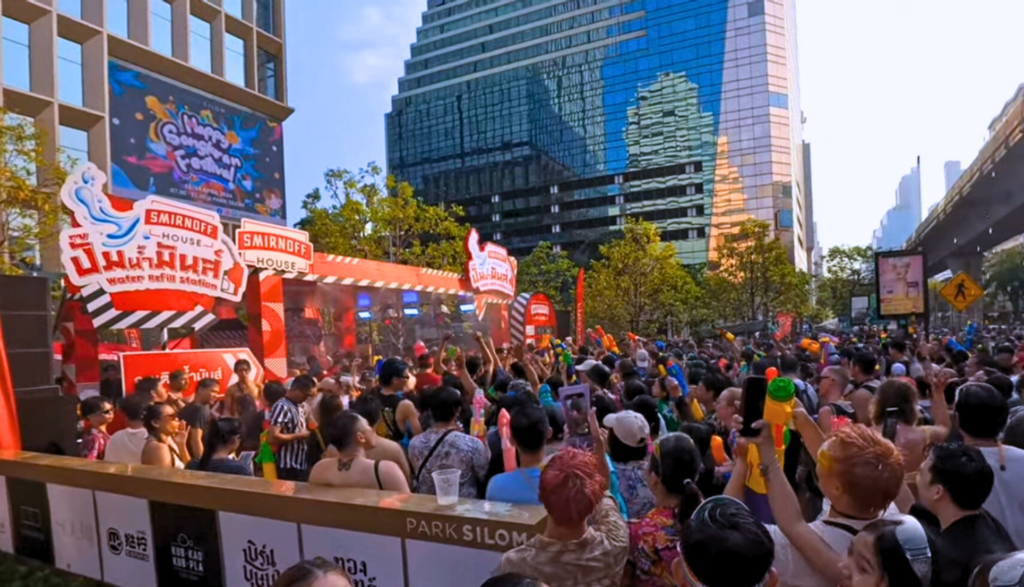
The official holiday period for Songkran typically falls between April 13th and April 15th, though the festivities often extend beyond these dates in popular tourist destinations. In recent years, some regions have even embraced the concept of “extended” or “second” Songkran, prolonging the celebration to accommodate more visitors and ensure maximum enjoyment.
6. Best Tips for Songkran Festival
To make the most of your Songkran experience, consider the following tips:
- Dress appropriately in lightweight, quick-drying clothing that you don’t mind getting wet.
- Protect your belongings by storing them in waterproof bags or pouches.
- Apply sunscreen generously and wear sunglasses to shield yourself from the sun’s glare.
- Respect cultural norms, especially when visiting temples or participating in religious ceremonies.
- Stay hydrated by drinking plenty of water throughout the day and taking breaks from the sun.
- Embrace the spirit of fun, but always play safely and responsibly during water fights.
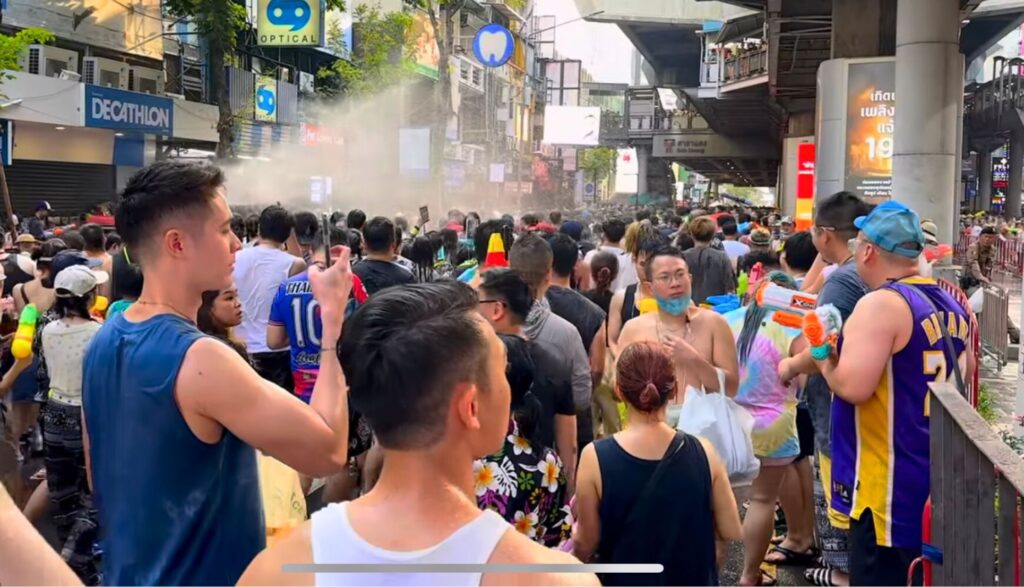
The Songkran Festival in Thailand is more than just a water fight—it’s a time-honored tradition that embodies the spirit of unity, renewal, and joy. Whether you’re dousing strangers with water on the streets of Bangkok or seeking blessings at a quiet temple in the countryside, Songkran offers something for everyone to enjoy. So, pack your water gun, don your floral shirt, and immerse yourself in the magic of Thailand’s most exhilarating celebration.
Sawasdee Pee Mai—Happy Songkran!
With the blend of cultural insights, practical tips, and a glimpse into the festival’s significance, this comprehensive guide offers readers a deeper understanding and appreciation of the Songkran Festival in Thailand.

